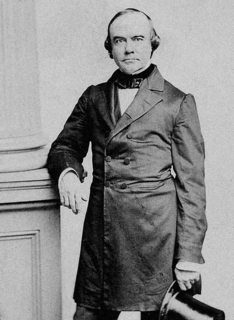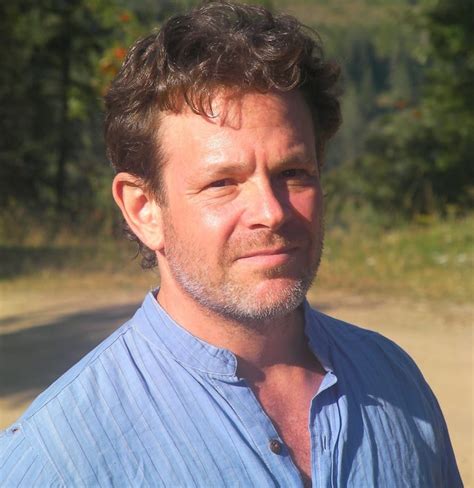A Quote by Lewis Thomas
The only solid piece of scientific truth about which I feel totally confident is that we are profoundly ignorant about nature... It is this sudden confrontation with the depth and scope of ignorance that represents the most significant contribution of twentieth-century science to the human intellect.
Related Quotes
The greatest achievements in the science of this [twentieth] century are themselves the sources of more puzzlement than human beings have ever experienced. Indeed, it is likely that the twentieth century will be looked back at as the time when science provided the first close glimpse of the profundity of human ignorance. We have not reached solutions; we have only begun to discover how to ask questions.
The climate change debate is basically not about science; it is about ideology. It is not about global temperature; it is about the concept of human society. It is not about nature or scientific ecology; it is about environmentalism, about one - recently born - dirigistic and collectivistic ideology, which goes against freedom and free markets.
There is no supernatural, there is only nature. Nature alone exists and contains all. All is. There is the part of nature that we perceive, and the part of nature that we do not perceive. ... If you abandon these facts, beware; charlatans will light upon them, also the imbecile. There is no mean: science, or ignorance. If science does not want these facts, ignorance will take them up. You have refused to enlarge human intelligence, you augment human stupidity. When Laplace withdraws Cagliostro appears.
After readinf some essay on the nature of human fallibility, I was very aware that we are the recipients of a huge amount of discovery over the last century. Medicine exemplifies this. And that has transitioned us from a world in which people's lives were mostly governed by ignorance to one that's constrained by ineptitude. A century ago, we didn't know, for instance, what diseases afflicted us, what their nature really was, or what to do about them. And that has changed.
Sex cannot be understood because nature cannot be understood. Science is a method of logical analysis of nature's operations. It has lessened human anxiety about the cosmos by demonstrating the materiality of nature's forces, and their frequent predictability. But science is always playing catch-up ball. Nature breaks its own rules whenever it wants. Science cannot avert a single thunderbolt. Western science is a product of the Apollonian mind: its hope is that by naming and classification, by the cold light of intellect, archaic night can be pushed back and defeated.
The antagonism between science and religion, about which we hear so much, appears to me to be purely factitiousfabricated, on the one hand, by short-sighted religious people who confound a certain branch of science, theology, with religion; and, on the other, by equally short-sighted scientific people who forget that science takes for its province only that which is susceptible of clear intellectual comprehension; and that, outside the boundaries of that province, they must be content with imagination, with hope, and with ignorance
The truth... When they have a similar structure to and are organized in as truthful a way as nature. When I look out of the window, then truth for me is the way nature shows itself in its various tones, colours and proportions. That's a truth and has its own correctness. This little slice of nature, and in fact any given piece of nature, represents to me an ongoing challenge, and is a model for my paintings.
I think that most of us, anyway, read these stories that we know are not "true" because we're hungry for another kind of truth: the mythic truth about human nature in general, the particular truth about those life-communities that define our own identity, and the most specific truth of all: our own self-story. Fiction, because it is not about someone who lived in the real world, always has the possibility of being about oneself. --From the Introduction
Philosophy, for Plato, is a kind of vision, the 'vision of truth'...Everyone who has done any kind of creative work has experienced, in a greater or less degree, the state of mind in which, after long labour, truth or beauty appears, or seems to appear, in a sudden glory - it may only be about some small matter, or it may be about the universe. I think that most of the best creative work, in art, in science, in literature, and in philosophy, has been a result of just such a moment.


































